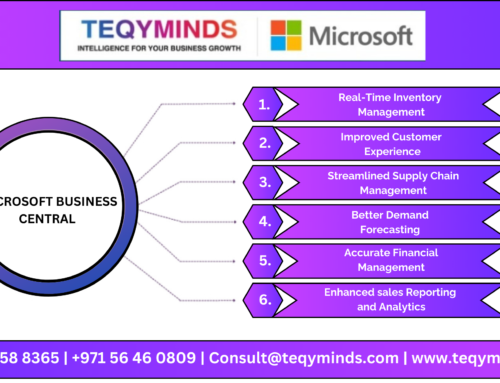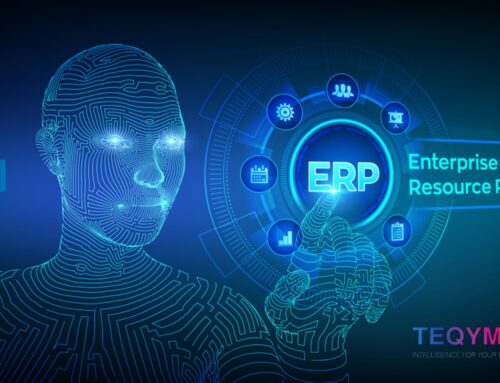Microsoft now offers two ERP based solutions with Business Central and the offering of Dynamics 365 for Finance and Operation
While both are part of the broader Dynamics 365 suite, they serve distinct purposes and are designed for different types of organizations. Here are the key differences between Dynamics 365 Business Central and Dynamics 365 Finance and Operations:
| Functionality | D365 for Finance & Operations | Dynamics 365 Business Central |
| Microsoft positioning | Integrated enterprise class business platform for mature, growing, ERP-educated companies | The next level for organizations that have outgrown their entry-level accounting software |
| Type of companies | Multinational medium to large organizations and groups of enterprises; tailored for international development | Small to mid-size enterprises |
| Industry | Distribution, Manufacturing, Retail, Professional Services, Public Sector | Distribution, Manufacturing, Professional Services |
| Depth of Manufacturing functionality | Supports approx. 95% of manufacturing functionalities; a great option for discrete, lean and process manufacturing; other core functions, such as ATP, advanced warehousing with mobile solutions, etc. are included | With the Premium package, additional capability in service management and manufacturing is available |
| Capabilities and integration with other Dynamics 365 components | Designed to work out-of-the-box with other Dynamics 365 components; deep integrations with CRM, HR, Talent, Customer Service, Marketing and others; fully covers traditional back-office processes. | Core capabilities: connects financials, sales, purchase, inventory, projects, service and operations |
| Minimum number of users | 20 | 1 |
| License cost | $115 to $210 per user / month | $70 to $100 per user / month |
| Availability | 140 countries | 33 countries |
| Localization | Multiple country localizations inside of a single instance; includes out-of-the-box localizations (legal & fiscal) for 37 countries | Combined localization strategy of Microsoft-led and partner-led models; local functionality is partly available for 19 countries; missing features are delivered by 3rd party Partners via Microsoft AppSource |
| Business Analytics | Embedded Power BI – rich analytical and reporting functionality | BI tools include reporting, dashboards, and ad-hoc analysis |
| Scalability | Easily supports businesses processing hundreds and thousands of transactions | Easily supports businesses processing over thousands of transactions |
| Deployment | Cloud or On-premises (Hybrid deployment) | Cloud or On-premises |
In summary, Dynamics 365 Business Central is positioned as an accessible, all-in-one solution for SMBs, while Dynamics 365 Finance and Operations is designed for larger enterprises with complex and diverse business processes. The choice between them often depends on the specific needs, scale, and complexity of the organization.






Leave A Comment